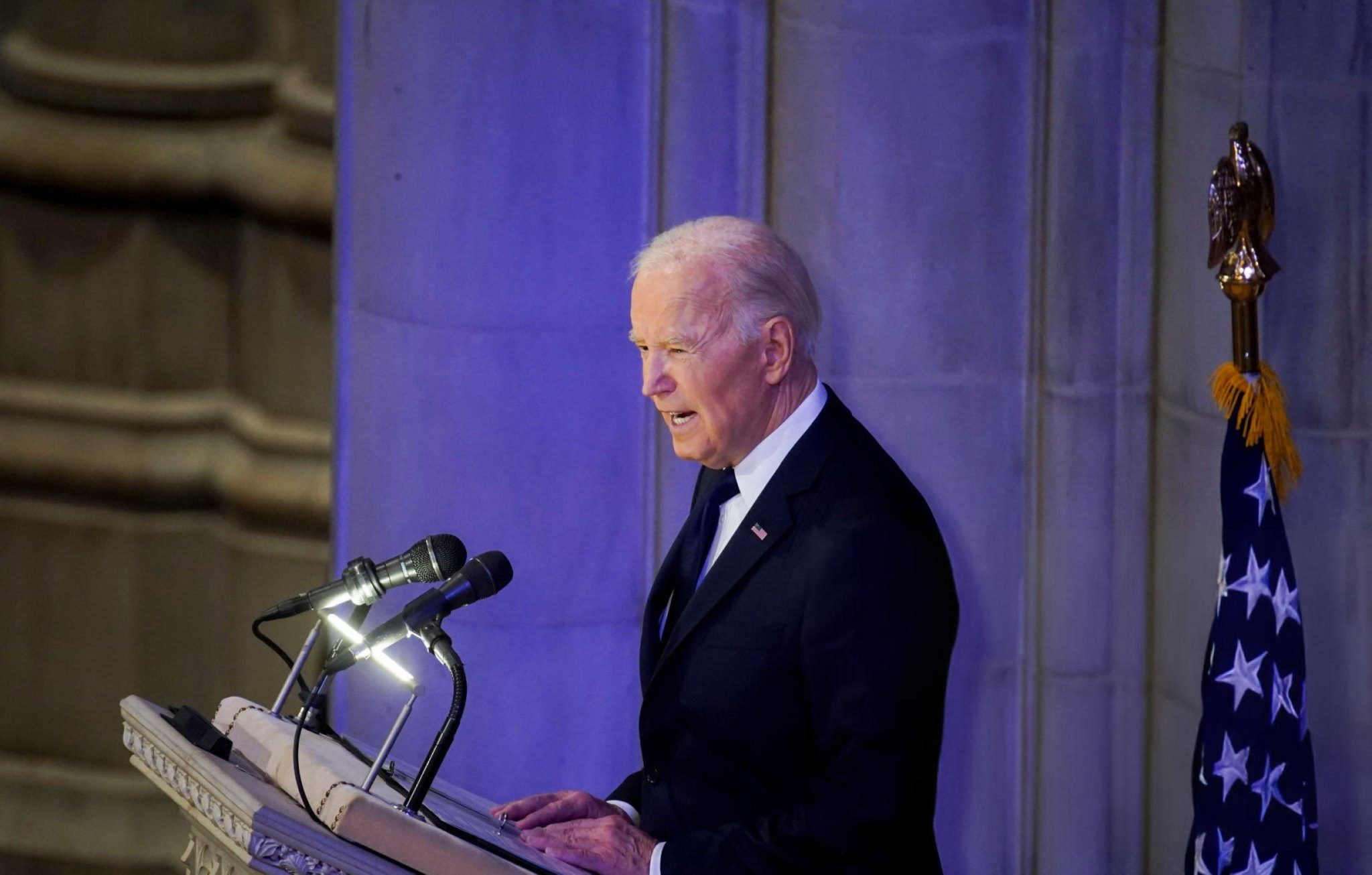In a landmark decision announced by the Department of Homeland Security (DHS) on Friday, approximately 600,000 Venezuelans and over 200,000 Salvadorans residing in the United States have been granted an 18-month extension under Temporary Protected Status (TPS). This announcement comes just a week before President-elect Donald Trump is set to take office, having vowed to implement hardline immigration policies during his campaign.
The Biden administration’s move reflects its commitment to TPS, a programme it has significantly expanded to safeguard nearly 1 million individuals. However, the future of TPS under Trump’s leadership remains uncertain, as his first term saw efforts to curtail the programme.
The extension for Venezuelans is rooted in the ongoing humanitarian crisis under President Nicolás Maduro’s regime. Political and economic instability in Venezuela, coupled with severe living conditions, has prompted international condemnation of Maduro, who recently began a third six-year term amidst controversy. Meanwhile, Salvadorans’ extension is attributed to recent environmental calamities, including heavy rains and storms that exacerbated conditions in earthquake-affected regions.
The role of TPS
Congress established TPS in 1990 to shield individuals from deportation to countries grappling with natural disasters or civil conflict. The programme provides temporary legal status and work authorisation in 18-month increments but does not offer a pathway to citizenship. Critics argue that successive renewals risk making TPS de facto permanent, even when conditions in home countries improve.
Currently, around 1 million immigrants from 17 nations, including Haiti, Honduras, Afghanistan, and Lebanon, benefit from TPS. Salvadorans form one of the largest groups under the programme, first granted TPS in 2001 after devastating earthquakes. The Biden administration’s recent extension will now protect Salvadorans until 9 September 2026, beyond its original expiration in March 2025.
Trump’s hardline approach
Former President Donald Trump, alongside his running mate JD Vance, has hinted at scaling back TPS, focusing on mass deportations and reducing temporary statuses. During his first term, Trump attempted to end TPS for Salvadorans but was thwarted by legal challenges. His tough stance on immigration aligns with promises of strict border enforcement and deportation policies.
Humanitarian and economic implications
Activists and immigrant advocates have welcomed the extension but remain cautious. Felipe Arnoldo Díaz of the National TPS Alliance described the decision as “a small victory,” highlighting concerns for TPS holders from other nations like Nepal, Sudan, and Nicaragua whose statuses are set to expire soon.
The economic impact of TPS holders is significant, particularly for countries like El Salvador, where remittances play a vital role. Salvadorans send approximately USD 7.5 billion annually back home, bolstering the nation’s economy. Efforts to end TPS could complicate relations with allies such as Salvadoran President Nayib Bukele, who enjoyed warm ties with Trump.
Bukele’s popularity in El Salvador stems largely from his aggressive measures to combat gang violence. Since a state of exception was introduced in 2022, over 83,000 individuals have been detained, and the country recorded a dramatic drop in homicides—from 6,656 in 2015 to just 114 in 2024.
A personal perspective
For many TPS holders, the extension offers temporary stability amidst an uncertain future. José Palma, a 48-year-old Salvadoran living in Houston since 1998, expressed relief. “It brings me peace of mind, a breath of fresh air,” he said. Palma, the sole TPS beneficiary in his family, supports his retired mother in El Salvador with monthly remittances of USD 400. Without the extension, Palma risked deportation, separation from his family, and the loss of his livelihood.
A divided future
The decision underscores the stark contrasts between Biden’s humanitarian approach to immigration and Trump’s impending crackdown. While TPS extensions bring temporary relief to hundreds of thousands, the policy’s future hangs in the balance as the US prepares for another shift in its immigration landscape.
As advocates continue to push for broader protections and permanent solutions, the debate over TPS and its role in US immigration policy remains far from resolved.






